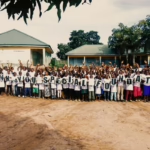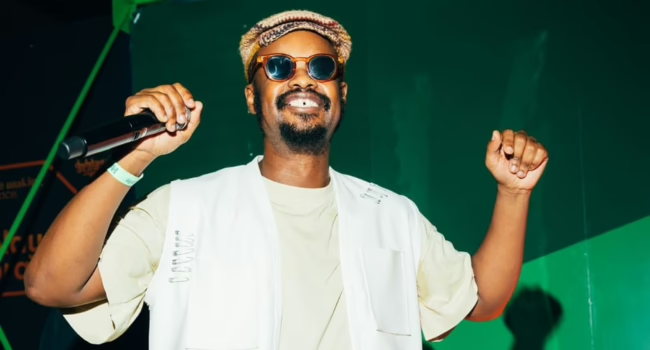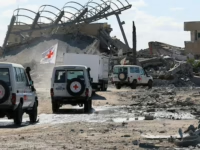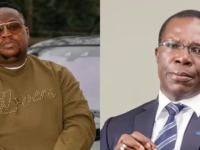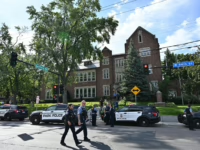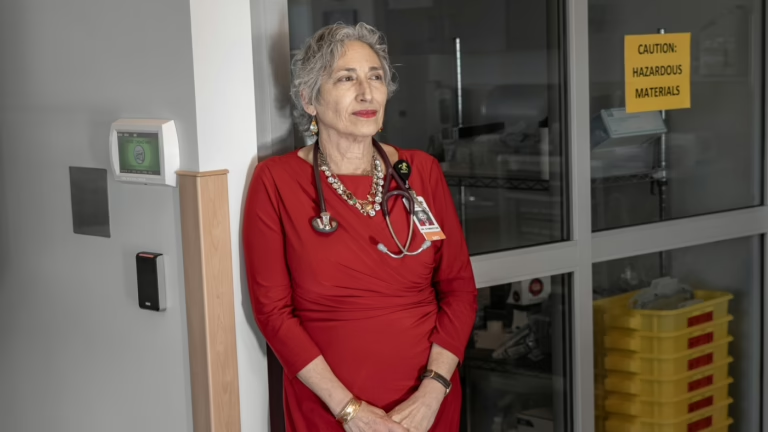Dr. Banu Symington, practicing full-time oncology in Rock Springs, Wyoming, is one of the few specialists serving the state.
Charles Paajoe Tetteh for NPR
hide caption
toggle caption
Charles Paajoe Tetteh for NPR
Three decades ago, when Dr. Banu Symington relocated to Rock Springs, Wyoming, she was drawn by the vast, open desert scenery and the close-knit community’s deep respect for medical professionals.
Today, the landscape of her practice has shifted dramatically.
Many of her cancer patients now respond with hostility when she advises them to get vaccinated or wear masks to safeguard their compromised immune systems during chemotherapy.
“One patient’s spouse actually told me, ‘You only want me to wear a mask because you’re a liberal,'” Symington recalls.
She is among numerous physicians who report that political polarization and skepticism toward science are straining doctor-patient relationships, especially in rural areas where recruiting healthcare providers has long been difficult. The void left by physician shortages is increasingly filled with misinformation and conspiracy theories, complicating patient care. Additionally, restrictive immigration policies and cuts to health and science funding during the previous administration have made it harder to attract international medical professionals.
The Spread of Misinformation
In the small mining towns surrounding Rock Springs, misinformation and political anger have become pervasive. At a recent county fair, Symington spent hours handing out free sunscreen samples, but no one accepted them. When she inquired why, a woman confided, “Doctors put cancer-causing chemicals in sunscreen to make us sick and profit from it.”
Such conspiracy theories and political hostility have eroded the community’s once-friendly atmosphere. “I’ve been called a ‘pharma shill’ right to my face,” Symington says.
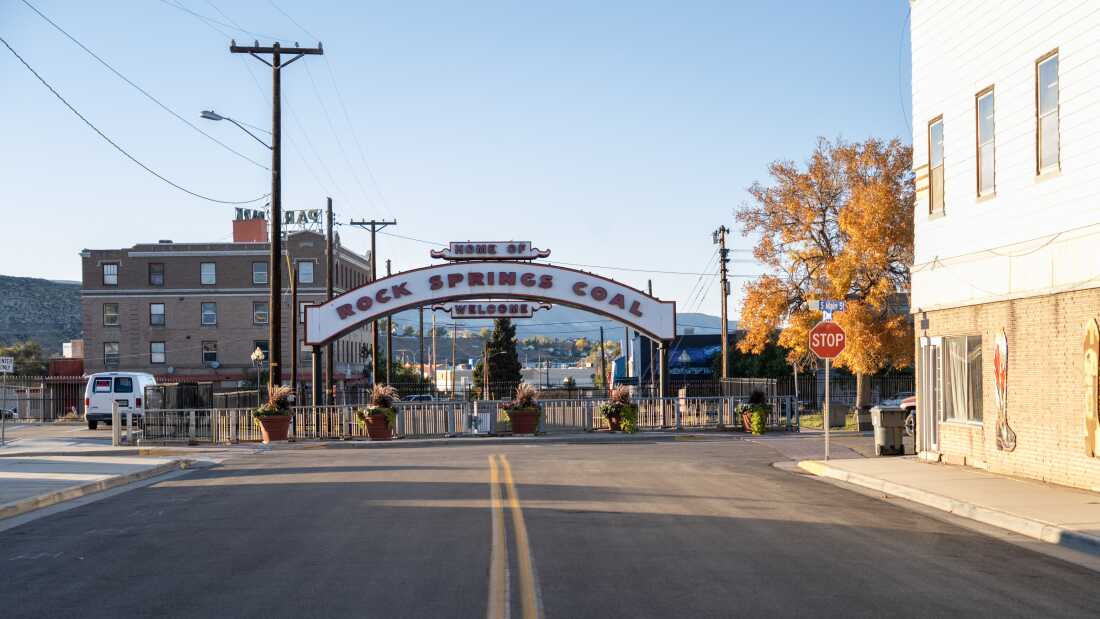
Rock Springs, Wyoming, is home to roughly 23,000 residents as of the 2020 census.
Charles Paajoe Tetteh for NPR
hide caption
toggle caption
Charles Paajoe Tetteh for NPR
One of Symington’s lung cancer patients refused the COVID vaccine and later succumbed to the virus, still convinced it was a political hoax. Before this, the man had been friendly, often sharing local restaurant tips and rock-hunting spots, a hobby Symington enjoys. His change in attitude reflects a wider cultural shift.
“It’s heartbreaking to care for someone who rejects your help or belittles your efforts,” says Symington, who is 65 and nearing retirement. “Many of us entered medicine because we wanted to make a difference.”
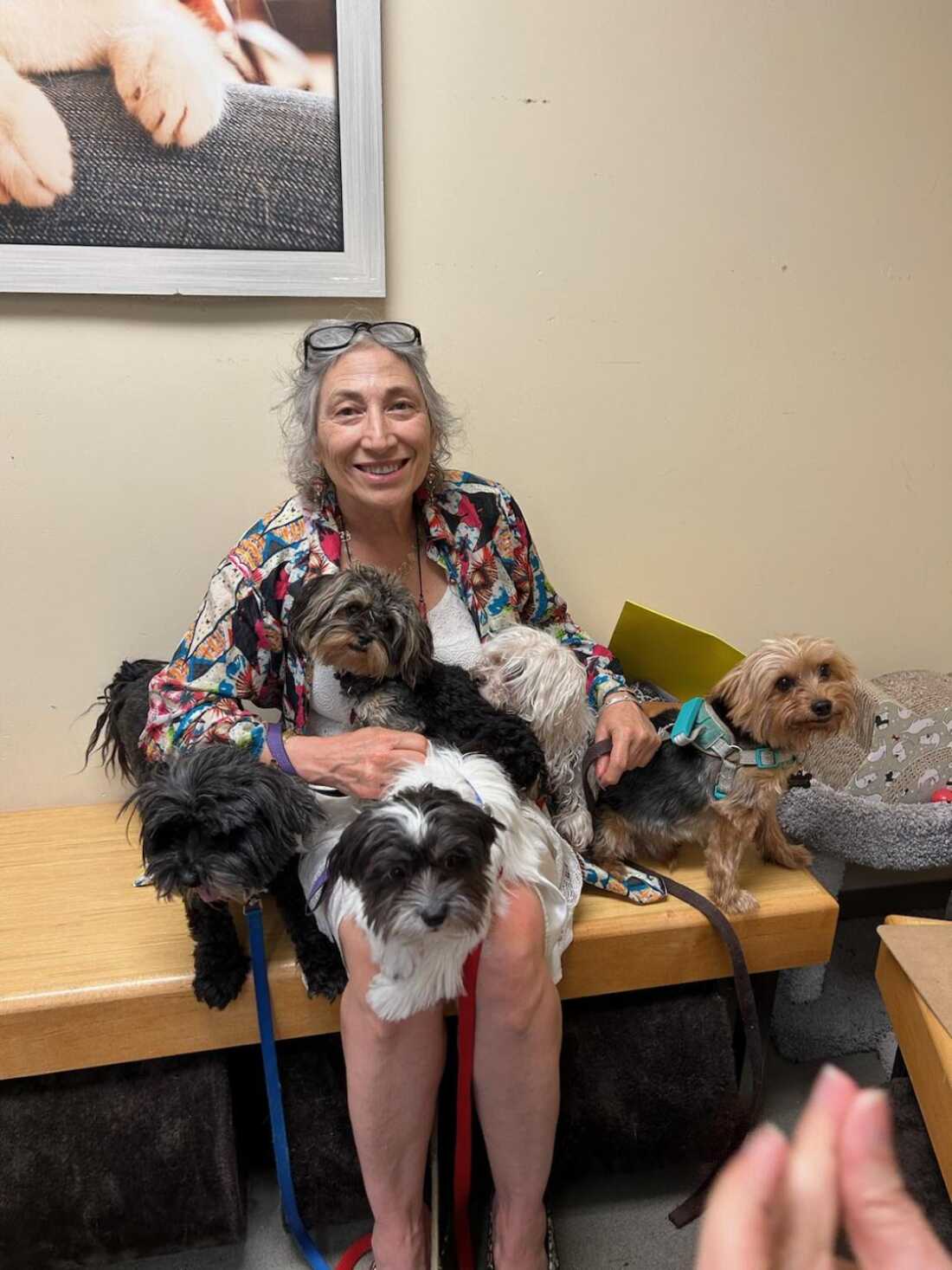
Patients have insulted Dr. Banu Symington when she recommends health precautions.
Banu Symington
hide caption
toggle caption
Banu Symington
Another growing concern is the misuse of ivermectin, an anti-parasitic medication. “Some patients secretly take ivermectin and end up in intensive care due to complications,” Symington explains. This trend has been fueled by endorsements from public figures like Mel Gibson during his January interview on a popular conservative podcast.
The Challenge of Physician Shortages
Wyoming has only five full-time oncologists, including Symington, who also operates the sole radiation therapy center in the state’s southwest region. The nearest alternative facility is a three-hour drive away in Utah.
“Once I retire, which might be sooner than I expected because of the current environment, I doubt anyone will replace me,” she says.
Alan Morgan, CEO of the National Rural Health Association, highlights that the scarcity of doctors in rural areas is contributing to declining life expectancy among residents. “People are overwhelmed by misinformation online and struggle to find trustworthy local physicians,” Morgan notes. “The solution lies in promoting evidence-based medicine and empowering local healthcare providers to share accurate information.”
Historically, the U.S. has depended heavily on international medical graduates to staff rural hospitals; for instance, half of the nation’s oncologists are foreign-born. However, recent immigration restrictions and reduced funding for medical research have discouraged many foreign doctors from coming to the U.S.
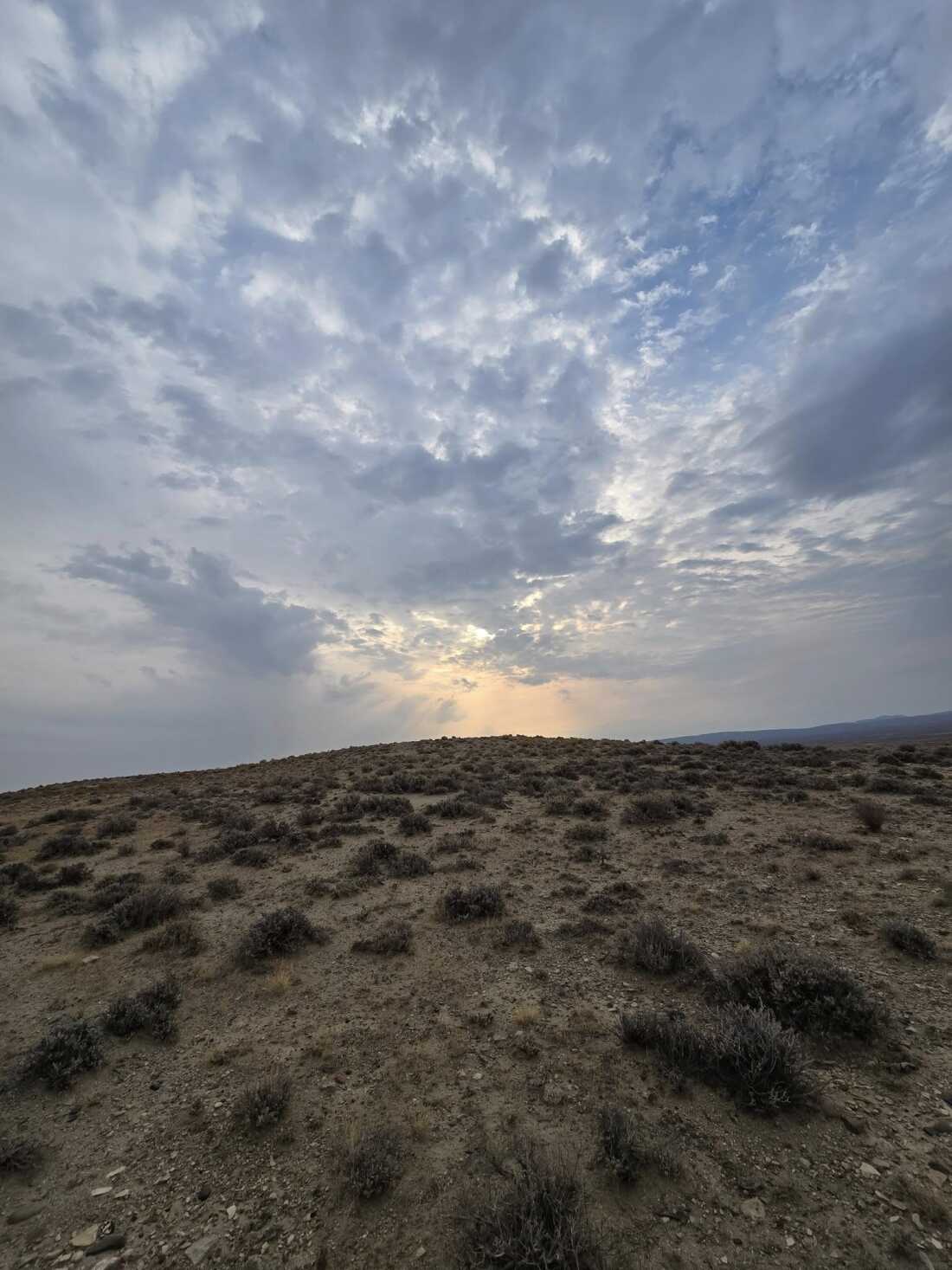
The natural beauty of Wyoming attracted Dr. Symington three decades ago.
Banu Symington
hide caption
toggle caption
Banu Symington
Symington observes this trend firsthand in Rock Springs, which has become less welcoming even to American-born doctors like herself, a white woman originally from Philadelphia.
“Thirty years ago, many physicians here were Canadian immigrants,” she says. “Now, there are no foreign-born doctors in this area.”
Morgan emphasizes that rural communities face greater healthcare workforce shortages partly because fewer than 5% of doctors originate from these areas. He advocates for nurturing local talent as a sustainable solution.
“If we can encourage rural youth to stay and train locally, they’ll be more familiar with the community and trusted by their neighbors,” Morgan explains.
Confronting Bias in Rural Medicine
Dr. Jennifer Bacani McKenney exemplifies the kind of physician Morgan describes. She practices family medicine in Fredonia, Kansas, a town of 2,000 where she was born. Her Filipino parents moved from Manila to this rural farming community in the 1970s after her father, a surgeon, was recruited to work there. Though initially challenging, her family eventually gained acceptance.
“Had this community or country not welcomed my father, I wouldn’t be here, nor would I have been able to recruit other doctors,” Bacani McKenney reflects.

Although Bacani McKenney grew up feeling like a local, the COVID-19 pandemic exposed underlying prejudices among some patients.
“Patients called COVID the ‘China flu’ or ‘Kung flu’ and made comments about Asians needing to leave,” she recalls. “When I confronted them, they’d say, ‘Oh, we don’t mean you.'”
As an associate dean at the University of Kansas, she coordinates rural clinical rotations for medical students. Recently, many students-often from urban backgrounds or minority groups-have expressed discomfort with these placements, citing experiences of casual racism and feeling unsafe in small towns. Bacani McKenney advises them that discomfort is part of medical practice.
“We tell students, ‘You will face many uncomfortable situations in medicine,'” she says.
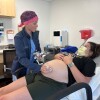
Politics has also complicated patient care. Bacani McKenney has adjusted her approach to vaccine discussions, starting with familiar immunizations like pneumonia or tetanus shots to build trust before addressing more controversial vaccines such as those for COVID-19 or influenza.
“People are more comfortable with vaccines they recognize,” she explains.
Still, resistance has grown, especially since Robert F. Kennedy Jr., a prominent anti-vaccine advocate, became Health and Human Services secretary and began promoting views contrary to scientific consensus. Bacani McKenney strives to maintain dialogue over multiple visits, recognizing the delicate balance her role demands.
“We have to keep the conversation going. If patients don’t like it, they might seek care elsewhere, but avoiding these talks means I’m not fulfilling my duty,” she says.
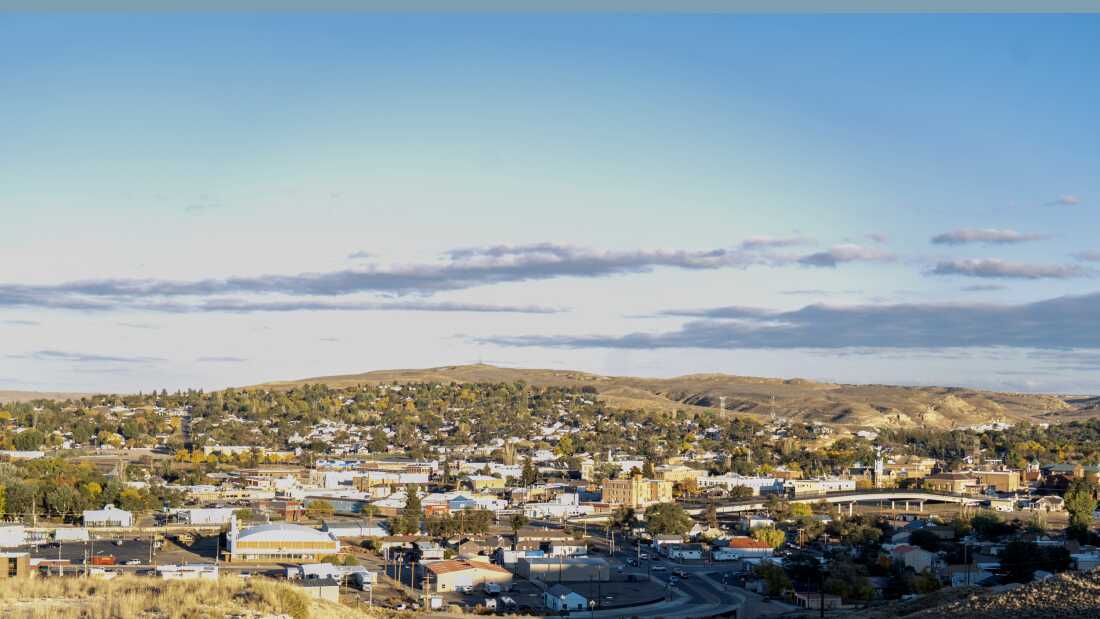
A panoramic view of Rock Springs, Wyoming.
Charles Paajoe Tetteh for NPR
hide caption
toggle caption
Charles Paajoe Tetteh for NPR


